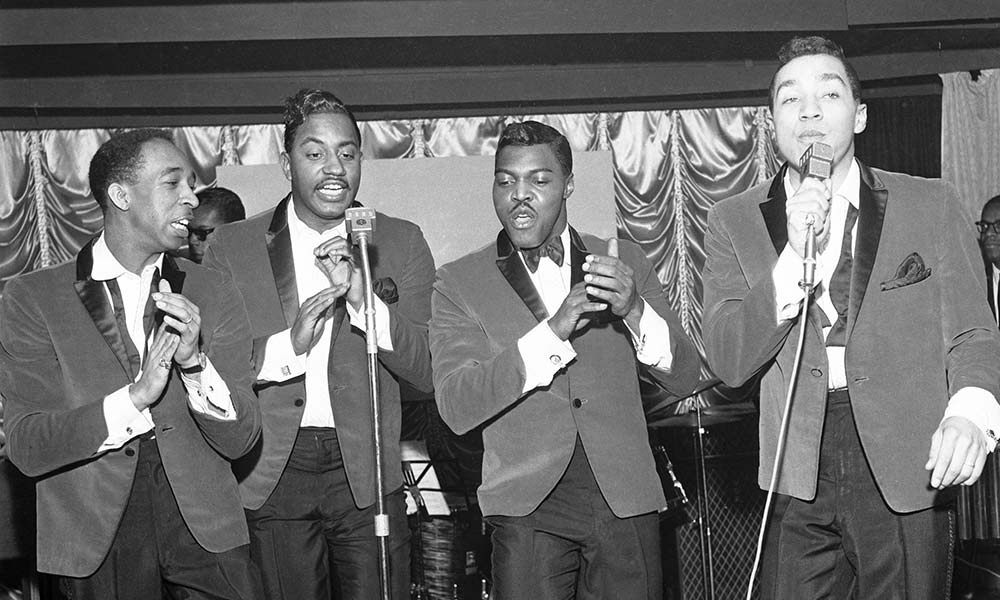IDK, for me Motown is incredibly hard to collect for if you value mono mixes, good sound and clean surfaces. Over here the majority of heavy hitters (Supremes A Go Go, Reach Out etc) are certainly $5 records for the most part, but good luck finding one that's not riddled with regrind, pressing bubbles etc. Even then you've got to account for the wear to the grooves and surface, which was incredibly common as these records were partied down. Beyond all this, for the most part, the majority of 60s Motown / Gordy / Tamla just sounds like shit in my humble opinion. Some are too sharp, some too muddy, and almost all are just not good. Some folks prefer the UK Tamla/Motown pressings, which are certainly on quieter wax but those don't do a whole lot for me either, at least the ones I've come across in the US.
Currently I think the best Motown stuff on vinyl are the US 80s reissues, despite the preference for stereo mixes. They're pressed on clean vinyl, and sound pretty decent, but I fear the secret is out as the prices are up. Essentially for Motown stuff — sure it's cheaper than Blue Note, but if you want audiophile keeper grade copies, good luck not spending $30+ on multiple copies looking for "the one". It's not the worst label to collect for (looking at you King) but not a great one either.
One caveat here which may be a hot take, but I do agree the price is steep for both the VMP anthology bracket and the label's own AAA mono box. The reason why is that these albums are short, and sometimes a bit heavy on the filler. I don't really know how many Motown records are actually worth $30 to me.
